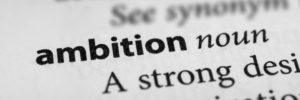
*This is a guest post authored by Lynne Cruickshank, senior consultant at Peter Berry Consultancy (PBC). A clear link has been established between how leadership drives engagement, which in turn drives performance. However, one of the challenges that leaders face is how to engage a multi-generational workforce that consists of people who differ in their… Read more »







